
Latest articles

Financing Long-Term Innovation: A Strategic Lever for Research at Berger-Levrault
A Strong Commitment to Innovation As a leading industrial company in the field of software and digital services for local authorities and public-sector stakeholders, Berger-Levrault places innovation at the heart of its development strategy. In a context of accelerated digital transformation, anticipating future uses, exploring new technologies, and preparing tomorrow’s solutions have become key challenges for competitiveness and technological sovereignty. To address these challenges, Berger-Levrault has, for several years, relied
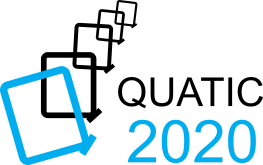
Scientific paper accepted at the QUATIC 2020 conference
A few weeks ago, 3 DRI engineers had their paper accepted in the QUATIC 2020 conference. QUATIC 2020 is the 13th conference on the Quality of Information and Communications Technology, which will take place on September 8-11, 2020. The selected paper is about: “Challenges for Layout Validation: Lessons Learned”. As part of Berger Levrault’s program
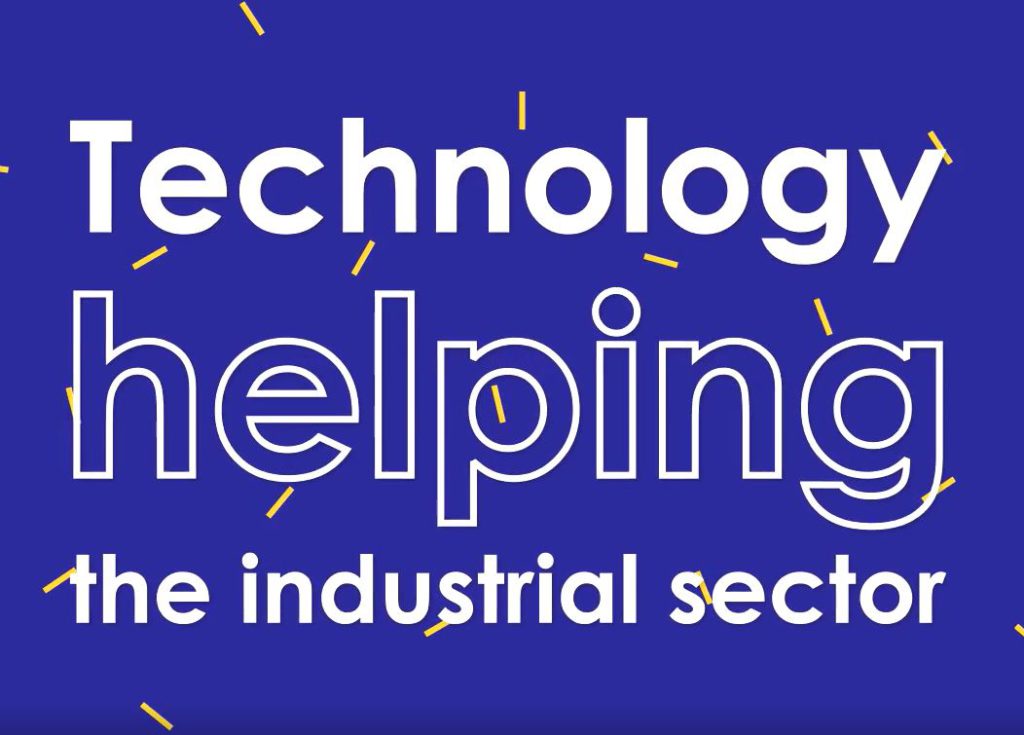
Adaptative Maintenance: CARL’S IoT Platform
In 2016, industrial customers have asked us about our vision of the industry of the future, and in particular the maintenance function.We set up a working group including 3 major industrial accounts to study the impact of the Plant 4.0 concept on maintenance: digital tools, organization, skills, new business models, and confidence in digital technology.After

DevOps & Middleware: a new project to facilitate the management of our deployments and enhance their reliability
A new collaboration project has been initiated with the team Spirals of INRIA Lille laboratory. In this project, we want to address the steering, orchestration, and maintenance mechanisms for our applications’ packaging, delivery, and deployment activities. The lack of formalization and traceability on the actions that are carried out for the deployment of our applications,

The Helios Project
A few weeks ago, the DRIT began working on a particularly innovative project that should be useful to us all: The Helios project.The ambition is to build an automatic observatory that collects, sorts, and classifies information from the net. The system is intended to be flexible and should enable us to keep a watch on

Knowledge at your fingertips: Building an Ontological Knowledge Base from our Editorial database
Our times are increasingly influenced by the prevalence of large volumes of data. These data most often hide great human intelligence. This intrinsic knowledge; whatever the field; would allow our information systems to be much more efficient in the processing and interpretation of structured and unstructured data. For example, the process of finding relevant documents
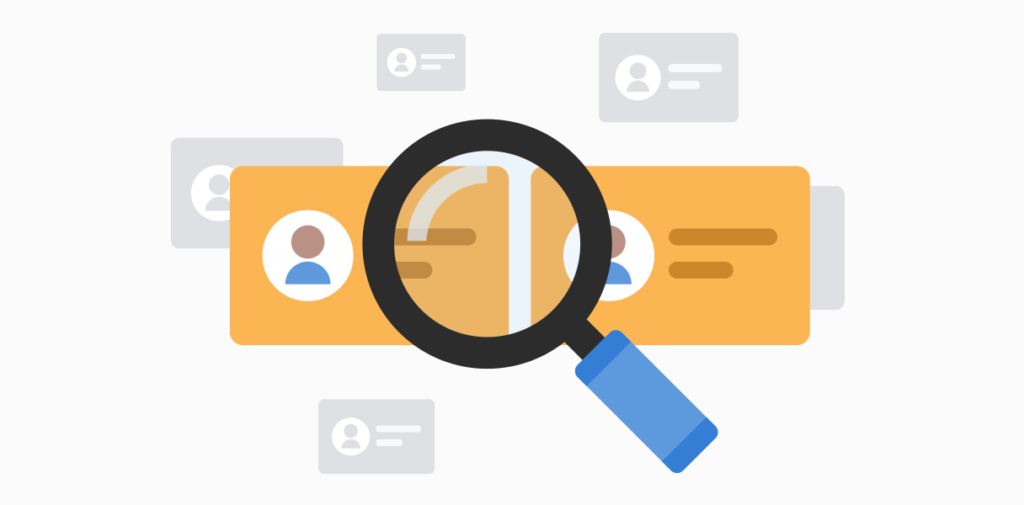
Automating the Detection of Duplicates in our Databases
Today’s complex applications for knowledge extraction and data mining use heterogeneous and distributed data. In this context, the quality of any decision depends on the quality of the data used. In fact, with the lack of accurate and reliable data, bad decisions can be made. In order to provide a better understanding of the source

Designing the right way to express constraints in a Java Architecture for Optimisation problems
We are often brought to solve problems with constraints in real life, such as: shopping in several distant stores, planning and organizing vacation expenses, or packing things in boxes during a move. Resolving these problems with constraints is not always easy. More particularly, when it comes to optimizing a set of criteria such as time,
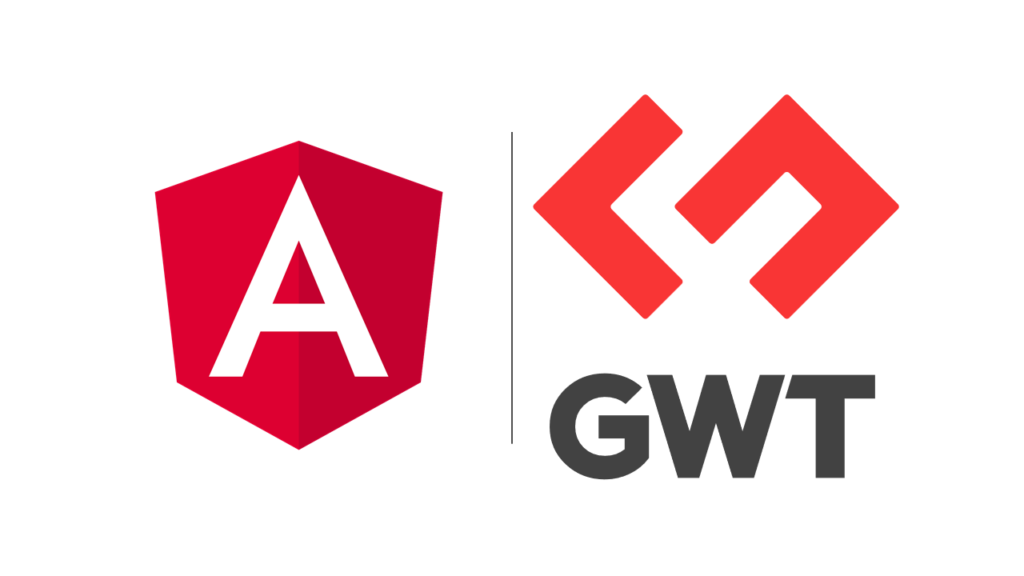
Testing the migration of Graphical User Interfaces
Technologies and frameworks are not immortal, it’s a fact. For a software editor like us, it is regularly a necessity to migrate a framework to another. When you consider, large software like e-sedit for example, migrating the entire software in one shot is almost impossible. Many companies are migrating their software systems. And so, we
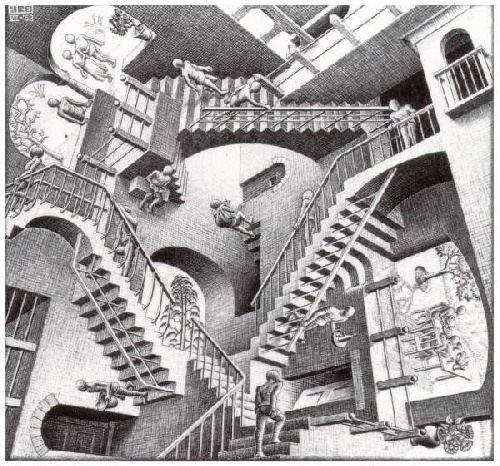
The Traceability chronicles – Episode 1: How logs can help you understand what your users do?
We start here a series of articles explaining some of our most interesting results with regard to traceability of applications. We will address the issues of automatic code instrumentation to trace the system by itself and the underlying difficulties. We will also discuss what constitutes a good, useful, and usable application trace. We will also
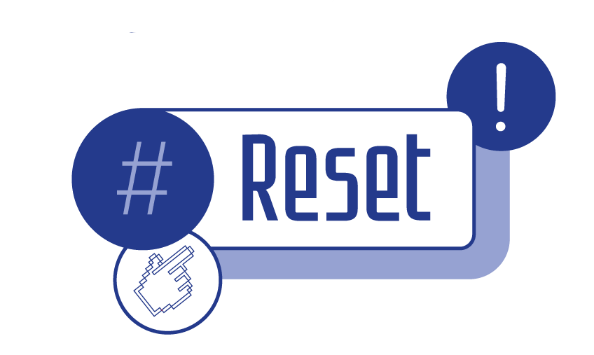
Citizen & Digital society
After signing the “RESET manifesto” published in Le Monde, Berger-Levrault is involved in a research collaboration with the association for the Foundation of a New Internet Generation (Fing), a reference think & do tank on digital transformations. This collaboration takes the form of two projects focusing on the theme “citizens and the digital society” from
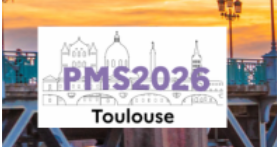
PMS 2026 – 34th International Conference on Program Comprehension (Toulouse – France)
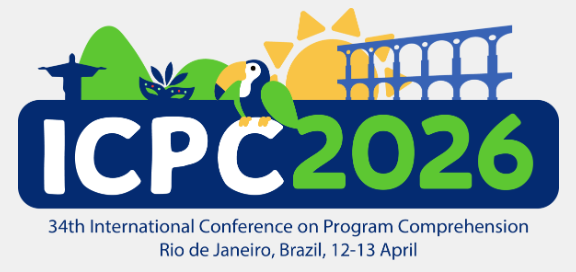
ICPC – 34th International Conference on Program Comprehension (Rio de Janeiro – Brazil)

CHI 2026 – International conference on Human-Computer Interaction (Barcelona – Spain)


Forum for advances in visualization and visual analytics – VIS 2025 (Vienna – Austria)
Camille Dupré Ph.D. thesis defense: “Pad-based Interaction in Mixed Reality environments”
Thursday 18th December at 2p.m. Paris time, Camille Dupré, Ph.D. Candidate has defended her thesis named “Pad-based Interaction in Mixed Reality environments”. Her thesis defense took place at the LISN, in Gif-sur-Yvette (660 Av. des Sciences Bâtiment, 91190), France. Take a look at the summary below. Summary Mixed Reality (MR) environments integrate virtual elements into
Nihed Bendahman Ph.D. thesis defense: “Evaluation and mitigation of hallucinations in automatic summarization in the specific context of legal documents”
Monday 15th December at 2p.m. Paris time, Nihed Bendahman, Ph.D. Candidate has defended her thesis named “Evaluation and mitigation of hallucinations in automatic summarization in the specific context of legal documents”. Her thesis defense took place at the IRIT Research Laboratory, in Toulouse, France. Take a look at the summary below. Summary Legal monitoring is a
Gabriel Darbord Ph.D. thesis defense: “Automatic test generation to help modernize our applications”
Friday 5th December at 9a.m. Paris time, Gabriel Darbord, Ph.D. Candidate has defended his thesis named “Automatic test generation to help modernize our applications”. His thesis defense took place in Lille, France. Take a look at the summary below. This thesis is fully in line with the partnership between Berger-Levrault and Inria, which aims to
Berger-Levrault strengthens its ties with AI startups!
We are proud to announce that we have joined Hub France IA, the largest association dedicated to artificial intelligence in France. This network now brings together more than 250 members—companies, startups, research laboratories, and institutions—who share the same goal: to accelerate the development and adoption of AI in France and Europe. Getting closer to the
Celebrating New PhDs from the BL.Research Team!
At Berger-Levrault, research is more than a mission—it’s a shared adventure. As the new academic year begins, we are proud to celebrate the success of four of our colleagues from the BL.Research team, who have reached a major milestone in their scientific journeys: the defense of their doctoral theses. These achievements are the result of
Hamza Safri Ph.D. thesis defense: “Federated learning for the IoT : Application for Industry 4.0”
Thuesday 24th June at 3pm Paris time, Hamza Safri, Ph.D. Candidate has defended his thesis named “Federated learning for the IoT: Application for Industry 4.0”. His thesis defense took place at the Inria Minatec Grenoble, Grenoble, France. Take a look at the summary below. Keywords: Model generalization, predictive maintenance, industrial IoT, federated learning, edge network,
ESUG 2025: Six contributions and 2 prizes for the Software Engineering Lab team!
Congratulations to our PhDs Nicolas Hlad, Aless Hosry, Benoit Verhaeghe and Pascal Zaragoza from Berger-Levrault’s BL.Research team for their participation in the 2025 edition of the ESUG (European Smalltalk User Group) conference! This year’s conference took place from July 1-4 in Gdansk, Poland. The theme was innovation in Smalltalk technologies and their use in software
Julien Breton Ph.D. thesis defense: “Extraction and formalization of regulatory industrial maintenance knowledge from semi-structured corpus data”
Friday, 27th June at 1.30 pm Paris time, Julien Breton, Ph.D. Candidate has defended his thesis named “Extraction and formalization of regulatory industrial maintenance knowledge from semi-structured corpus data”. His thesis defense took place at the IRIT research laboratory, Toulouse, France. Take a look at the summary below. Keywords: Legal compliance,Industrial maintenance, Norm extraction,LLM (Large
